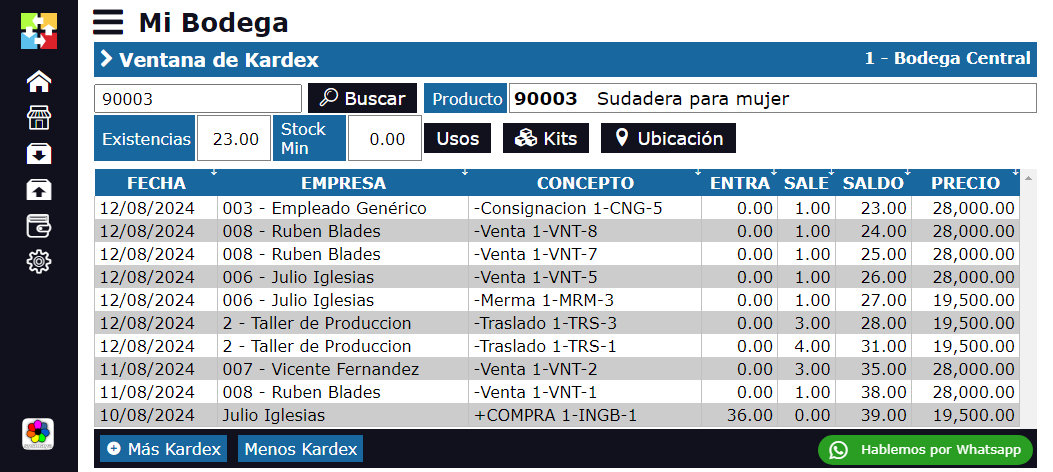Common Mistakes in International Logistics Management
International logistics is a crucial component in global trade, as it allows companies to transport goods efficiently and safely across international borders. However, managing international logistics can be complex and prone to errors that can negatively impact the supply chain and the business in general. In this article, we will explore some common mistakes in managing international logistics and how to avoid them.

1. Lack of Planning and Foresight
One of the most common mistakes in managing international logistics is the lack of planning and foresight. This can lead to delays, additional costs, and loss of goods. Proper planning and foresight allow companies to anticipate and prepare for potential obstacles and challenges in the supply chain.
Consequences of lack of planning and foresight:
- Delays in the delivery of goods
- Increase in costs due to the need for urgent transportation
- Loss of goods due to lack of tracking and control
2. Inadequate Selection of Logistics Providers
Selecting logistics providers is a crucial step in managing international logistics. However, inadequate selection of providers can lead to quality, safety, and compliance issues. It is important to research and evaluate logistics providers to ensure they meet the company''s standards and requirements.
Consequences of inadequate selection of logistics providers:
- Quality issues in transportation and handling of goods
- Lack of safety and protection of goods
- Non-compliance with international regulations and standards
3. Lack of Communication and Coordination
Effective communication and coordination are fundamental in managing international logistics. Lack of communication and coordination can lead to errors, delays, and loss of goods. It is important to establish clear and effective communication channels with logistics providers, customers, and other actors involved in the supply chain.
Consequences of lack of communication and coordination:
- Errors in the delivery of goods
- Delays in the delivery of goods
- Loss of goods due to lack of tracking and control
4. Non-Compliance with International Regulations and Standards
Non-compliance with international regulations and standards is a common mistake in managing international logistics. This can lead to fines, sanctions, and damage to the company''s reputation. It is important to be aware of the international regulations and standards that apply to the company and ensure compliance with them.
Consequences of non-compliance with international regulations and standards:
- Fines and sanctions
- Damage to the company''s reputation
- Loss of trust from customers and business partners
5. Lack of Tracking and Control
Lack of tracking and control is a common mistake in managing international logistics. This can lead to loss of goods, delays, and additional costs. It is important to establish tracking and control systems to monitor the movement of goods and ensure they are delivered safely and efficiently.
Consequences of lack of tracking and control:
- Loss of goods
- Delays in the delivery of goods
- Increase in costs due to the need for urgent transportation
Managing international logistics is a complex process that requires planning, foresight, adequate selection of providers, effective communication and coordination, compliance with international regulations and standards, and tracking and control. By avoiding common mistakes in managing international logistics, companies can ensure their goods are delivered safely and efficiently, and their supply chain is more efficient and profitable.





